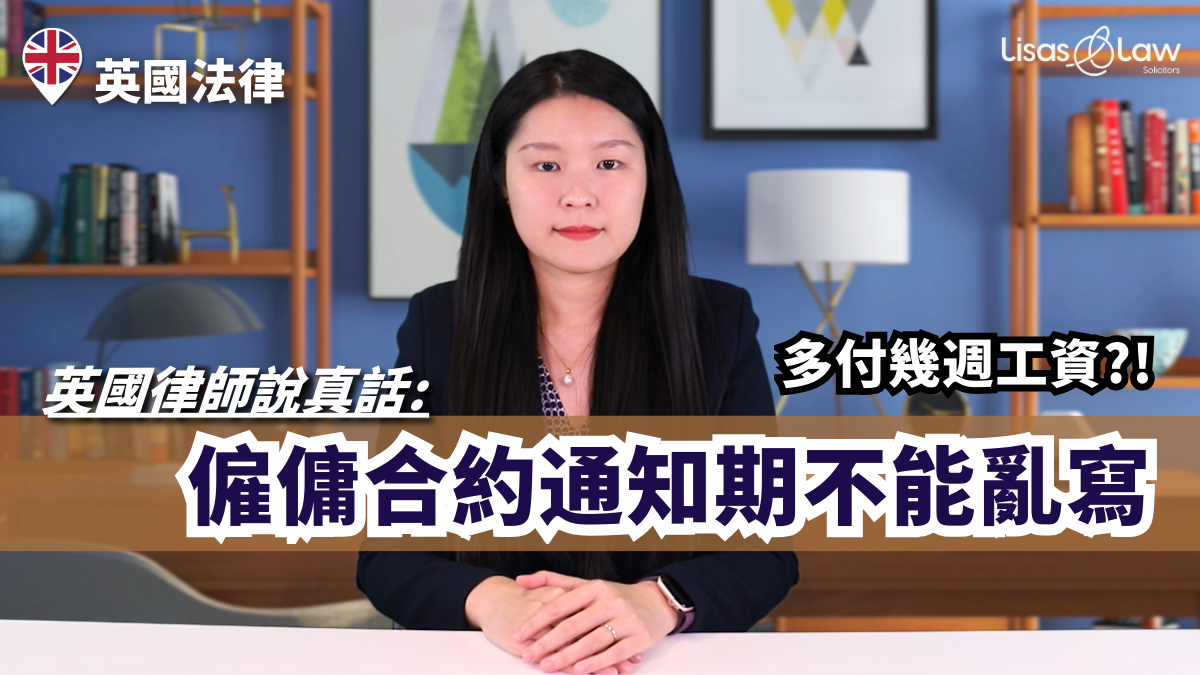英国法院曾处理了一起备受国际关注的离婚案:Potanina v Potanin。这起案子说的就是一个很现实的问题——即使你已经在自己国家离婚、法院也分了财产,在某些情况下,你还是可以来英国再申请“重新分配”。
这对很多跨国婚姻当事人(特别是那些认为自己的财产分配不够公平的当事人)来说,无疑是一个值得关注的“希望窗口”。
故事背景
娜塔莉娅·波塔尼娜(Natalia Potanina)与前夫弗拉基米尔·波塔宁(Vladimir Potanin)曾是俄罗斯超级富豪圈中广为人知的夫妇。波塔宁是俄罗斯最富有的人之一,其资产通过复杂的公司与信托结构持有。
两人婚姻持续逾30年,最终于2014年在俄罗斯正式离婚。
但问题在于财产分配:娜塔莉亚几乎未获得任何实质性资产,30年的婚姻仅分得不到1%的财产。
你没看错——尽管她的丈夫实际控制着大量财富(据称有高达60亿美元的资产被排除在分配之外),娜塔莉亚几乎分文未得。这是因为俄罗斯法律只承认“登记在名下”的财产,诸如公司股份和信托资产或其他没有登记在女方名下的都不计入分配范围。
I’m hoping for justice’: former wife of Russian oligarch fights for £5bn | Russia | The Guardian
离婚后,她并未就此放弃。她通过英国投资签证进入英国,在伦敦购置房产,自2016年起在英格兰建立了惯常居所。
2019年,她依据《1984年婚姻与家庭诉讼法》第三部分,向英国法院申请许可,希望在英格兰重新寻求财产救济(即重新分配财产)。
Sanctioned Russian oligarch wins appeal against ex-wife in ruling that may deter ‘divorce tourists’
这是英国法律提供的一种“补救机制”:当配偶在外国离婚但获得的财产分配严重不合理时,只要与英国存在“真实联系”,英国法院可重新审理相关财务问题。
英国法院怎么看?
初审法官最初批准了她的许可请求,但在后续听证中撤销了该决定,并驳回了她的续申请。他认为她与英格兰的联系“最近且有限”,称其为“离婚旅游”,并认定俄罗斯是更合适的审理地。
随后,她提起上诉。
由Cobb、Moylan和Falk大法官组成的上诉法院合议庭持不同意见。他们允许其上诉并亲自授予许可,指出了以下几个要点:
- 第13条的门槛测试:所谓“合理理由(Substantial Ground)”意味着有
- 坚实依据且具备成功的现实可能性,并不要求证明实际权利。许可阶段不应裁决争议事实。
- 与英格兰的联系:法律不要求“重大联系”,只需真实联系(Genuine Connection)。波塔尼娜持有投资签证、伦敦房产,以及自2016年起的惯常居住地,均足以证明这一点。
困境与不公:虽然不是正式的前提条件,但仍极具说服力。她在俄罗斯获得的财产与丈夫实际保有资产之间的巨大差距,展现了明显的不公。
欧盟规则下的司法管辖权:在她提出申请时,《欧盟赡养费条例》(EU Maintenance Regulation)仍适用。因其惯常居住地为英格兰,法院拥有管辖权,不能以“更合适的法院”为由驳回其基于需求的请求。
法院还批评初审法官将许可听证变成了审判过程,低估了她与英格兰的联系,且过度强调她与俄罗斯的联系。
丽莎评论
对我们很多有跨境婚姻背景的人来说,这个案子的意义真的不小。虽然这个案子目前还在审理阶段,英国法院到目前为止只是允许她在这边正式进入诉讼流程,还没有判定她最终能分得多少资产——但这本身就已经给了很多人希望。
它不仅在法律圈掀起了不小的波澜,更重要的是,它释放了一个明确的信号:
- 对像娜塔莉亚这样的申请人来说,英国的法律确实提供了一个“后门”或者说“最后的保障”。如果你在其他国家离婚了,但财产分配极不合理,只要你能和英格兰建立起真实的联系——比如你在这儿有房、有签证、长时间居住过——那么你是有机会向英国法院申请重新分配财产的。
- 对被申请人(也就是对方配偶)来说,光是说“你是来这里搞离婚旅游的”已经不够用了。你得拿出更明确、有力的证据来证明法院不应该管这个事,否则很有可能法院还是会接受申请。
- 对所有正在经历或考虑跨国婚姻的人来说,这更像是一种提醒:不是所有国家的离婚法律都能保证公平,尤其是当财产结构复杂、法律系统不透明时。如果你在原籍国受到不公,英格兰可能是一个可以“翻盘”的地方。
- 简单来说,这个判决表明:只要你和英格兰之间有真实联系,哪怕你早就离婚了,也可能在这儿重新争取本该属于你的那一部分。
如果您正在或者打算在英国离婚,有任何法律问题都可进一步咨询丽莎律师行,我们的家庭法律师会给予您专业的建议,协助您办理复杂的离婚事件。
觉得丽莎的文章不错?请不要吝于点赞和转发!您的支持是丽莎继续前进的动力,我们将尽力为莎粉们提供最新最全的实用信息。
> 丽莎律师行 —— 最具国际化视野的英国华人律师行,专精于商业、房产、移民、家庭和诉讼法。<
丽莎律师行联络邮箱:info@lisaslaw.co.uk
联络电话:020 7928 0276
联络微信号:lisaslaw007
扫一扫,《丽莎知道》微信公众号:










